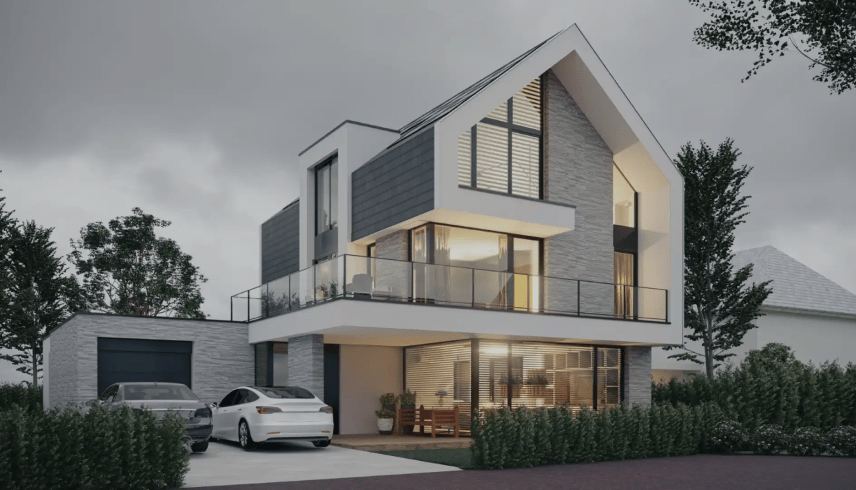A Guide to Freehold vs. Leasehold Landed Properties in Singapore
When it comes to purchasing a landed property in Singapore, one of the key decisions buyers face is choosing between a freehold or leasehold tenure. Each option has its unique benefits and considerations, and the right choice often depends on your personal or investment goals. This guide will help you understand the key differences, pros and cons, and how to make the best decision for your needs.
What is Freehold vs. Leasehold?
Freehold Properties
Freehold properties are owned outright by the buyer indefinitely. In Singapore, this includes both freehold and 999-year leasehold properties, with the latter often considered equivalent to freehold due to its long tenure.
Leasehold Properties
Leasehold properties, on the other hand, are owned for a fixed term, typically 99 years. Once the lease expires, the ownership of the land reverts to the state, unless the lease is renewed.
Pros and Cons of Freehold vs. Leasehold Landed Properties
Freehold Properties
Pros:
- Permanent Ownership: Offers the peace of mind that the property can be passed down through generations without concerns about lease expiry.
- Higher Value Retention: Freehold properties tend to retain their value better over time, particularly in prime locations.
- Prestige: Freehold properties are often seen as more exclusive, adding to their appeal.
Cons:
- Higher Purchase Price: Freehold properties are typically more expensive upfront than leasehold counterparts.
- Lower Rental Yields: Due to their higher cost, the rental yields may not be as competitive as leasehold properties.
Leasehold Properties:
Pros:
- Lower Entry Cost: Leasehold landed properties are generally more affordable, making them attractive to budget-conscious buyers or first-time investors.
- Higher Rental Yields: The lower purchase price often translates to better rental yield percentages.
- More Options: There is typically a wider selection of leasehold properties on the market, especially in newer developments.
Cons:
- Depreciation Over Time: As the lease period decreases, the property’s value may diminish significantly, especially when less than 30 years remain.
- Renewal Uncertainty: Renewing a lease can be costly and is not always guaranteed.
- Shorter Legacy: Leasehold properties are less ideal for long-term legacy planning.
How to Decide: Personal vs. Investment Goals
For Personal Use
- Freehold: Ideal if you plan to live in the property long-term or pass it down as a legacy for future generations.
- Leasehold: Suitable if you want a more affordable landed property in a good location and don’t mind the lease duration.
For Investment Purposes
- Freehold: Appeals to investors seeking long-term capital appreciation and greater stability in value. It is also easier to sell during a market downturn.
- Leasehold: Better for investors focused on higher rental yields or short- to medium-term investment horizons.
Other Factors to Consider
- Budget: Freehold properties require a higher initial investment, so ensure you have the financial means.
- Location: A leasehold property in a prime location may offer better returns than a freehold property in a less desirable area.
- Future Plans: If you intend to sell the property within a few years, the difference between freehold and leasehold may not be as significant.
Choosing between freehold and leasehold landed properties boils down to your priorities, whether they are legacy planning, investment returns, or affordability. Both options have their merits and cater to different buyer profiles.
If you’re still unsure, consulting with an experienced real estate agent who understands the nuances of Singapore’s property market can make all the difference. As a specialist in landed properties, I’m here to guide you in making the best decision for your needs. Reach out today for a personalized consultation or to explore exclusive listings!Conclusion



Comments are closed